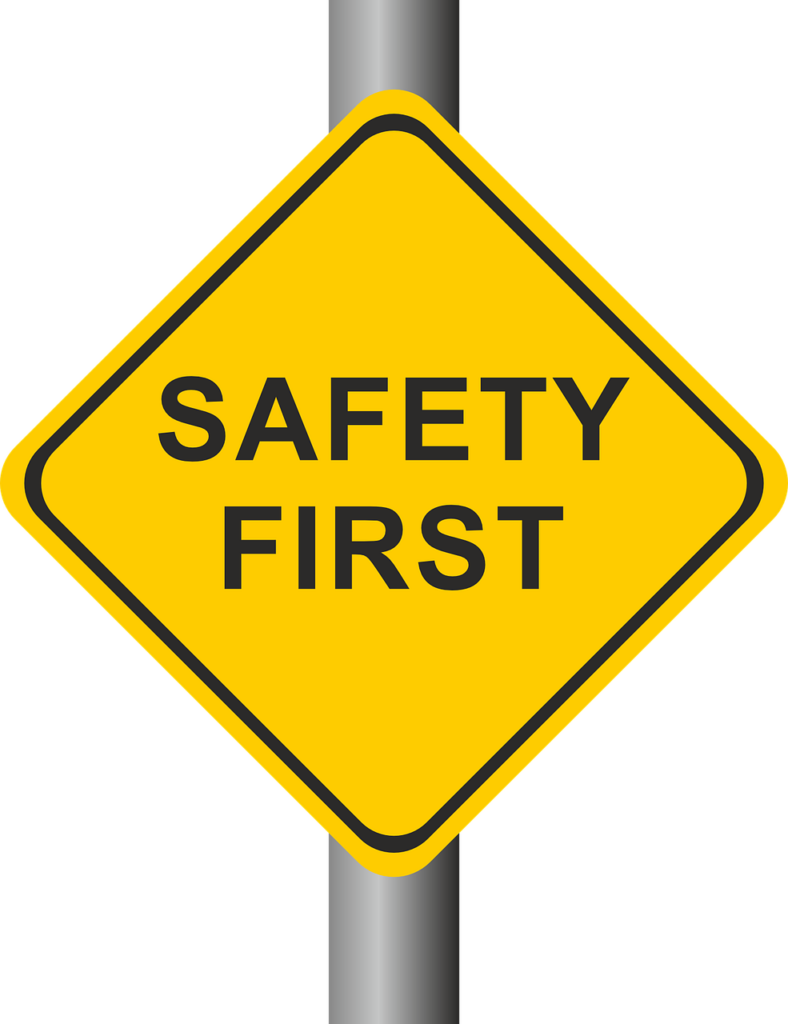Introduction
Automotive recycling plays a crucial role in the sustainable management of end-of-life vehicles, contributing to resource conservation, reduced environmental impact, and economic benefits. In Melbourne, Victoria, Australia, this industry has been steadily growing as more people recognize the importance of responsible vehicle disposal. However, with the dismantling of vehicles come inherent safety risks that automotive recyclers and their employees must address.
This article explores the safety issues faced by automotive recyclers in Melbourne, VIC, Australia, and provides strategies to keep employees safe in this challenging environment. We will delve into the unique challenges of the industry, examine regulations and guidelines, and present practical safety measures that businesses can implement to protect their workers.
Safety Issues in Automotive Recycling
- Hazardous Materials
End-of-life vehicles often contain hazardous materials that pose a significant risk to worker safety. These materials can include but are not limited to fuel, oil, transmission fluids, brake fluids, refrigerants, lead-acid batteries, and airbags. Handling and disposing of these materials improperly can result in fires, chemical exposure, and environmental damage.
- Sharp Objects and Tools
Dismantling vehicles requires the use of various cutting and drilling tools. These sharp objects can lead to lacerations, puncture wounds, and other injuries if not handled with care. Workers may also encounter rusted or corroded parts, making them more susceptible to injury.
- Heavy Machinery
The use of heavy machinery, such as forklifts, cranes, and car crushers, poses a danger to employees if not operated correctly. Inadequate training, equipment maintenance, or improper use of these machines can result in crushing injuries or fatalities.
- Vehicle Instability
As vehicles are stripped of their parts, their balance and stability can be compromised. This can lead to unexpected shifts or collapses, endangering workers in the vicinity.
- Fire and Explosion Risks
Fuel and oil leaks, as well as the presence of flammable materials, create a risk of fires and explosions during the recycling process. Sparks from cutting tools or welding can ignite these substances if proper safety measures are not in place.
- Air Quality
Automotive recycling facilities may have poor air quality due to the emission of harmful fumes from running engines and the release of asbestos fibers when dismantling brake linings and clutch facings. Prolonged exposure to these conditions can lead to respiratory problems and other health issues.
Regulations and Guidelines
To address these safety issues, regulatory authorities in Victoria, Australia, have established guidelines and standards for the automotive recycling industry. Key regulations and guidelines include:
- The Occupational Health and Safety Act 2004: This legislation sets out the legal requirements for ensuring the health, safety, and welfare of workers in all industries. Employers are obligated to provide a safe working environment, risk assessments, and adequate training for their employees.
- Hazardous Substances Regulations: These regulations provide guidance on the safe handling and storage of hazardous materials in the workplace. They require businesses to identify and manage the risks associated with these substances, including those found in end-of-life vehicles.
- Environmental Protection Regulations: Automotive recyclers must adhere to environmental regulations to prevent pollution and protect the surrounding environment. Proper disposal and management of hazardous materials and waste are critical aspects of these regulations.
- WorkSafe Victoria: WorkSafe is the state’s workplace safety regulator, responsible for enforcing workplace safety laws and regulations. They offer guidance, resources, and support to help businesses maintain safe working conditions and protect employees.
Safety Strategies for Automotive Recyclers
- Comprehensive Employee Training
Proper training is essential to ensure that employees understand the risks associated with automotive recycling and are proficient in using tools and machinery. Training should cover safe dismantling techniques, the handling of hazardous materials, and emergency procedures. Regular refresher courses are also crucial to keep employees updated on safety measures and regulations.
- Personal Protective Equipment (PPE)
Providing appropriate PPE is essential to safeguard workers. Depending on the specific tasks, this may include protective clothing, gloves, eye protection, respiratory protection, and hearing protection. Employers must ensure that employees wear their PPE consistently and that it is well-maintained.
- Hazard Identification and Risk Assessment
Conducting regular hazard identification and risk assessments is crucial. By identifying potential dangers in the workplace, businesses can implement measures to reduce risks and ensure a safer environment. These assessments should be documented and updated as needed.
- Safe Handling of Hazardous Materials
Employees should be trained in the proper handling, storage, and disposal of hazardous materials found in end-of-life vehicles. This includes the use of spill containment measures, labeling hazardous materials, and adhering to regulatory requirements for their management.
- Proper Equipment Maintenance
Regular maintenance and inspections of machinery and tools are essential to prevent accidents caused by equipment failure. Preventative maintenance programs can help identify and address potential issues before they become safety hazards.
- Fire Safety Measures
Implementing fire safety measures is crucial, including the installation of fire extinguishers, emergency showers, eyewash stations, and sprinkler systems where applicable. Employees should be trained in fire response procedures, and evacuation plans should be clearly established.
- Vehicle Stability
To prevent instability and collapse during the dismantling process, employees should use appropriate support structures when removing heavy components. Understanding a vehicle’s center of gravity is crucial to maintaining stability.
- Ventilation and Air Quality
Proper ventilation systems and air quality monitoring can help reduce the risks associated with exposure to harmful fumes and asbestos fibers. Automotive recycling facilities should invest in efficient ventilation systems to maintain a healthy work environment.
- Emergency Response Plans
Developing and regularly practicing emergency response plans is vital. These plans should include procedures for responding to fires, chemical spills, injuries, and other critical situations. Employees should know their roles and responsibilities in case of an emergency.
- Employee Involvement
Employees should be encouraged to actively participate in safety programs and provide input on safety measures. Their experience and insights can help identify potential hazards and improve safety protocols.
Conclusion
The automotive recycling industry in Melbourne, VIC, Australia, is an essential component of sustainable waste management and resource conservation. However, it comes with inherent safety risks that demand attention and proactive measures to protect employees.
By adhering to regulatory guidelines, implementing comprehensive safety strategies, and fostering a culture of safety, automotive recyclers can significantly reduce the risks associated with their operations. Keeping employees safe in this challenging environment is not only a legal obligation but also an ethical commitment to the well-being of those who contribute to the industry’s success.


